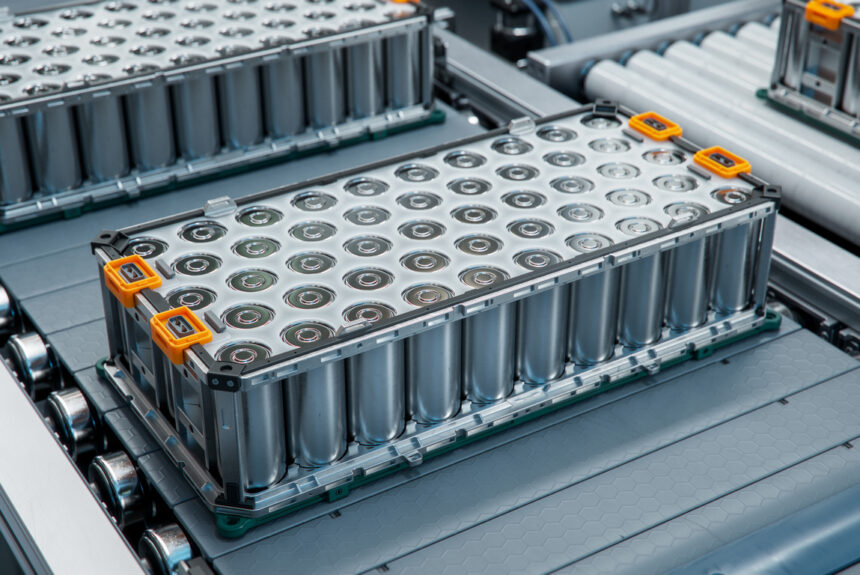Necessity gives birth to inventiveness.
For example, consider the fuel economy of a modern car. On the highway, a typical sedan today can easily deliver up to 40 miles per gallon. Compare that to the early 1970s, when an OPEC oil embargo drove up prices at the pump. Back then, American cars averaged less than 15 miles per gallon. In the fifty years since vehicle technology has improved significantly as automakers met the many needs of drivers. As a result, the cars on the road today are cleaner, safer, and more fuel efficient.
>>>READ: Could the Cook Islands Hold the Key to Our Critical Mineral Future?
The same thing will happen with electric vehicles which may eventually replace the internal combustion engine. Companies, inventors, and entrepreneurs are already coming up with newer, less expensive, and better ways to build electric vehicles. People will buy and drive those vehicles more when they are as reliable and can be price competitive without subsidies.
Better battery technology will help EVs get there and solid-state batteries instead of the lithium-ion ones being used now, could be the key.
As Samsung, a major battery manufacturer, explains, “A solid-state battery has higher energy density than a Li-ion battery that uses liquid electrolyte solution. It doesn’t have a risk of explosion or fire, so there is no need to have components for safety, thus saving more space. Then we have more space to put more active materials which increase battery capacity in the battery.” While these solid-state batteries may use more lithium than lithium-ion batteries, they use less cobalt and graphite and require fewer materials overall.
Safer, lighter, and able to store more power. That’s how battery technology will leap forward.
Toyota is now saying it may soon make that leap. Last year, “Toyota and Japanese oil giant Idemitsu Kosan announced they would develop and build solid-state EV batteries,” The goal of the partnership is to create a battery that can go up to 750 miles and fast-charge in 10 minutes.
That isn’t a guarantee, of course. Toyota has been working on this for years, and it could be a few more years before any of these solid-state batteries power cars on the road. Still, the company was a leader in hybrid cars, and those hybrids remain popular because of their hyper-efficiency. Toyota maintains a wide variety of vehicles, instead of investing entirely in lithium-ion technology. So, it seems Toyota is the company that could likely make a breakthrough in this area.
>>>READ: The U.S. Must Capitalize on its Lithium Abundance
While battery technology is progressing, challenges with charging stations remain. With all these EVs potentially on the road, “millions of homes and apartment complexes will need electrical upgrades to accommodate at-home chargers,” write Jonathan Lesser and Mark Mills in the Wall Street Journal. “Electricians will need to install new circuits for EV chargers, and many older homes will need new power panels to handle increased demand.”
There are more chargers now than there were five years ago. But still not nearly enough, and they are not nearly fast enough. Nobody wants to sit at a convenience store for hours while a car charges. Meanwhile, there is a gas station on seemingly every corner. That’s not because the government mandated the placement of gas stations. It’s because, decades ago, people realized they could make money selling gas (and food and drinks). They invested in building the station.
Solid-state, quick-charging batteries could help with this problem as well, but the country still needs more electric capacity. The private sector is beginning to address this challenge. GM has partnered with EVGo to build over 3,000 fast charging stations by the end of 2025. Tesla is also expanding its charging infrastructure, surpassing 55,000 supercharging stations globally this year.
Solid-state batteries offer the promise of longer-range and safer vehicles. The private sector is creating innovation to the cost of this technology which could rapidly change the state of transportation and bring more EVs on the road.
The views and opinions expressed are those of the author’s and do not necessarily reflect the official policy or position of C3.
